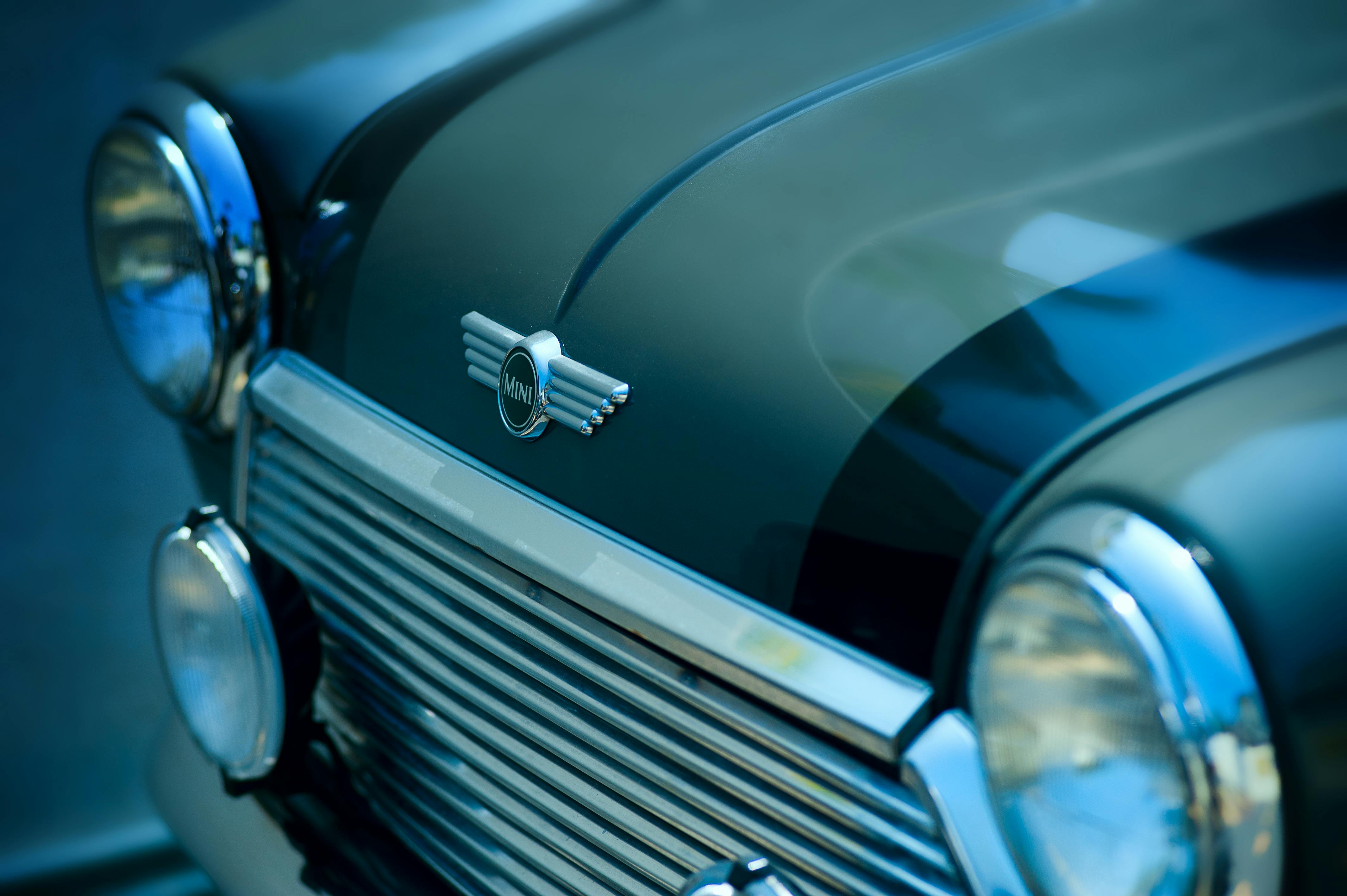
Understanding and maintaining your Volkswagen TDI engine
Volkswagen’s turbocharged direct injection (TDI) clean diesel engine offers high mileage between fill-ups and more than 50% better fuel economy than gasoline engines of similar size. With a potential 43 miles per gallon on the highway, you can get up to 795 miles per tank, in a car that emits lower CO2 emissions than 93% of other vehicles. The TDI is available in new Volkswagen cars like the Passat, Golf, Jetta sedan and Sport Wagon, Beetle and Beetle Convertible, and Toureg.
To keep your TDI running at peak performance, it’s important to understand how it works and how to maintain it.
What makes a TDI engine different
The secret to TDI’s success lies in engineering. Replacing the indirect injection of older diesel models, the new models use a fuel injection system that sprays atomized fuel directly into the main combustion chambers rather than the pre-combustion chambers. This process is combined with forced induction with the turbocharger increasing the amount of air going into the engine’s cylinders and an intercooler to reduce the temperature and density of the turbo charge air.
The result for you, the buyer? More fuel is injected and burned, so you’ll notice increased engine efficiency and increased power, along with more torque and fewer emissions.
Fuel requirements for TDI
The Volkswagen TDI engine runs on diesel fuel (petro diesel) or certain types of biodiesel fuels. The downside of the engine’s technical prowess is that it’s picky about the type of fuel it needs. In the US, VW recommends number 2 diesel fuel, which has a higher cetane number than number 1 fuel and a lower viscosity. Proper fuel straight from the pump is common in Europe, but some American drivers must use additives or premium diesel to ensure cetane levels are correct.
“Misfeeding” your TDI engine with regular gasoline instead of diesel can be a costly mistake. Some older VW models were more forgiving, but putting the wrong fuel in a modern TDI engine will damage the fuel pump and ruin the engine when the fuel goes through the fuel system. That system on the 2013 vehicles has been redesigned with a hatch on the fuel tank to prevent you from inserting a gasoline nozzle instead of a diesel nozzle into the tank.
The cost of an accidental incorrect refueling can range from $100 or so to pump the wrong fuel and replace filters to over $8,000 to replace the entire fuel system. Most of these repairs are not covered by warranty.
What can you diagnose yourself?
Your local VW dealership has a great service department that can keep your TDI engine running strong. Regular maintenance costs are similar to professional service for a gasoline-powered VW. However, if you are a competent backyard mechanic who enjoys doing your own car repairs, there are some situations unique to a TDI that you can diagnose yourself:
- If you hear noises, are they “normal” for your TDI engine? Most drivers notice a clicking noise from the steering column, a clicking noise from the EGR and pressure control valves, and a clicking noise from the shoulder valve when turning off the engine. These noises indicate proper performance, not a problem, but as a new TDI owner you need to learn what to ignore and pay attention to.
- Does the engine not start or refuse to start? While the car is in neutral, turn the ignition to the run position to see if you get an engine check warning or glow plug lights. If not, you may need a new battery as the motor is not getting power.
- Does the engine start? If you see check engine or glow plug lights on your dash, but the car is rattling when you try to start, you may have low fuel, corroded wires leading to the battery, or loose connections.
- Do you get a “109 relay” fault? If your check engine light or glow plug comes on and off, you may have a faulty 109 relay that requires relay replacement. What if that doesn’t work? You may have a faulty ignition switch or security system. You may also see the glow plug light if you have a burnt out brake light.
- Does your engine smoke at full throttle after a fill-up? You may have received a low quality fuel tank.
A Volkswagen TDI engine offers the best in performance and efficiency, but they are particular engines that require very specific maintenance and repairs. Always remember to replace faulty parts with genuine Volkswagen replacement parts, or choose your local VW service department for professional service from experienced and certified mechanics.